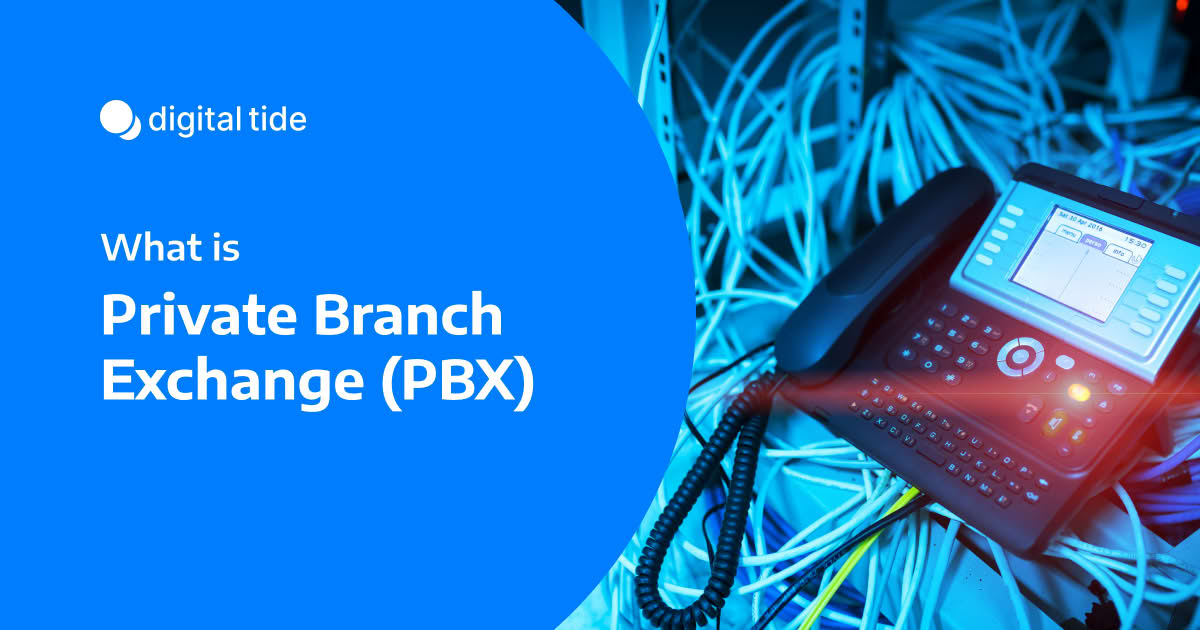

Private Branch Exchange
What is a Private Branch Exchange (PBX)?
A Private Branch Exchange (PBX) is a private telephone network used within a company or organization. Its core function is to manage and route all incoming, outgoing, and internal phone calls, allowing employees to share a set of external phone lines and communicate with each other using internal extensions.
A PBX acts as the central control unit for a business's phone system, providing a suite of advanced features that are not available with standard residential phone lines. This centralized management helps streamline communication, enhance productivity, and reduce costs.
Types of PBX Systems
The technology behind PBX systems has evolved significantly over the years, leading to three main types:
- Traditional PBX: This is the original, on-premise system that uses analog or digital technology and connects to the Public Switched Telephone Network (PSTN) through physical phone lines (like ISDN). It requires significant on-site hardware and specialized wiring.
- IP PBX: Also typically located on-premise, an IP PBX uses Voice over IP (VoIP) to manage calls over the company's local area network (LAN). While it still involves a physical server box in the office, it offers more advanced features and flexibility than a traditional system.
- Hosted / Cloud PBX: This is the modern, cloud-based solution. The entire phone system is hosted and managed by a third-party provider in their secure data centers and delivered to the business over the internet. This eliminates the need for on-site hardware and offers the greatest scalability and flexibility.
Keep up with
the latest updates
We’ll send only what’s worth reading — promise
Thank you! Your submission has been received!
Oops! Something went wrong while submitting the form.



